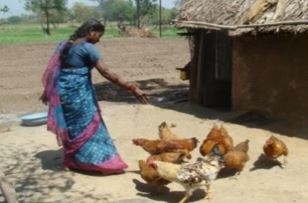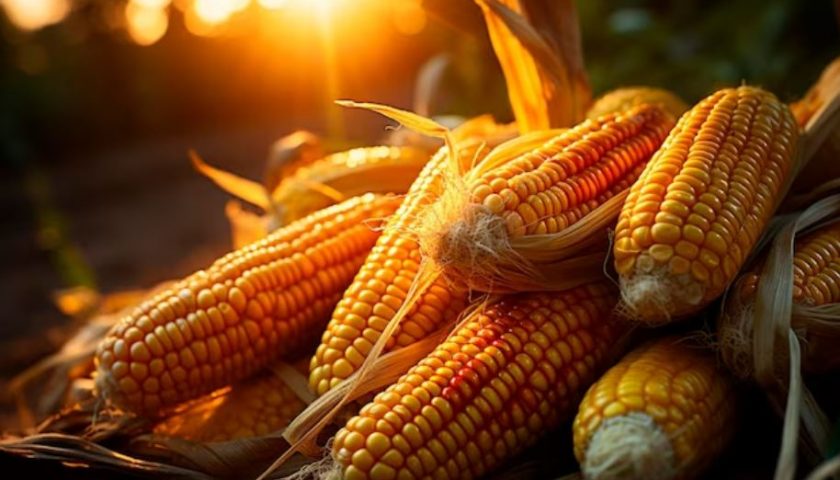Heifer International, Cargill and Walmart Foundation announced the expansion of Hatching Hope: Accelerating Incomes Through Diversification into India to improve financial independence for women in the Anantapur and East Godavari districts of Andhra Pradesh.
With demand for eggs and poultry meat on the rise across India, backyard poultry farming is an economically sustainable agri-business that is easy to undertake and can provide high returns in a shorter timeframe. The project offers new income-generating activities and leadership positions within farmer producer organizations (FPOs) for women, challenging the social and cultural norms that limit their financial independence.
The global Accelerating Incomes through Diversification program, launched in Mexico in August 2021, will support eight FPOs in India and 13 in Mexico with technical expertise, training and increased access to resources to add new profit-making streams to members’ agri-businesses. The program is made possible through philanthropic investments from the Walmart Foundation and Cargill. The US$2 million grant for this project from Walmart Foundation is part of its commitment made in September 2018 to invest US$25 million (approximately Rs. 180 crores) over five years to improve farmer livelihoods in India through the development and implementation of farm aggregation models.
Julie Gehrki, Vice President and Chief Operating Officer at Walmart Foundation, said: “Walmart Foundation’s grant to Heifer International aims to better support farmers’ incomes while strengthening and diversifying the services and technical knowledge of Farmer Producer Organizations (FPO) in poultry. This work advances our commitment to build and scale strong FPOs in India and augment market access for smallholder farmers, while enhancing opportunities for women leaders in the small farm ecosystem in India. Ultimately, we want this work to enhance livelihoods for all.”
The project in India builds on the work of Hatching Hope, a global initiative that aims to improve the nutrition and livelihoods of 100 million people by 2030 through the production, consumption and promotion of poultry. Hatching Hope: Accelerating Incomes Through Diversification will partner with local organizations – Andhra Pradesh Mahila Abhivruddhi Society, Grameen Vikasa Kendra and Snehakunja – over a 32-month period through March 2023 to introduce backyard poultry to an additional 8,918 smallholder farm businesses, leveraging Hatching Hope’s existing infrastructure and program expertise.
Avni Malhorta, Country Director for Heifer India, said, “By working off a proven, successful framework, we are turning national consumer demand for poultry products into financial opportunities for women. As experts in building capacity with farmer producer organizations, Heifer International is responsible for ensuring these organizations help build sustainable farm businesses, while improving women’s status and financial independence in their communities.”
Ravindra Vyawahare, Managing Director, Animal Nutrition Business – Cargill India, said: “Cargill and Heifer International first launched the Hatching Hope Global Initiative in India in 2018 to improve nutrition and economic livelihoods through production, promotion and consumption of poultry. The learnings and success of the infrastructure that we built together in Odisha are a strong foundation to scale-up this project in Andhra Pradesh. The next step for sustainably building up this initiative is to collaborate with public and private partners. We are thrilled to partner with Walmart Foundation in this next phase in a new state. Through this partnership, we will bring shared capabilities and resources to implementing Hatching Hope: Accelerating Incomes Through Diversification on-ground.”
Recent opportunity assessments of the FPOs reflect a series of needs the project will continue to address, including availability of high-quality seeds, fertilizers and other inputs; strengthening of horticultural plots; procurement of dairy cattle and other homestead animals; and economic sustainability of existing local businesses, including general stores, grocery stores, small hotels, tea shops and fruit and vegetable vendors.





